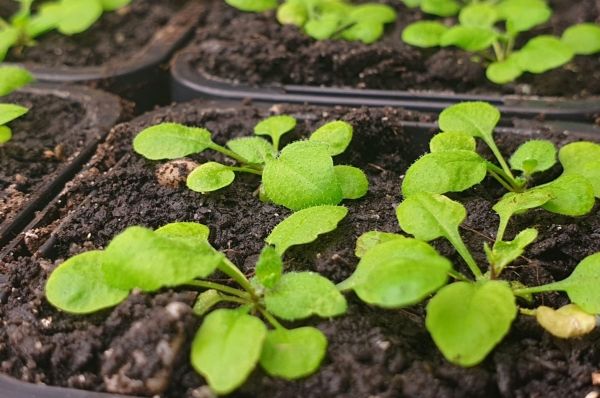A global research team including scientists from La Trobe University have identified specific locations within plants' chromosomes capable of transferring immunity to their offspring.
The findings could lead to new ways of preventing disease in crops – of great potential benefit to farmers.
Led by the University of Sheffield (UK), the research team identified, for the first time, specific locations (loci) within a plant’s chromosomes that impart disease resistance to their offspring by undergoing a reversible biochemical modification known as DNA methylation, in response of pathogen attack.
Published in the journal eLife, the research identifies four DNA loci that control disease resistance against a common plant pathogen called downy mildew. Importantly, this resistance was not associated with any negative effects on growth or resistance against other environmental stresses.
Read more at La Trobe University
Image: A global research team including scientists from La Trobe University have identified specific locations within plants' chromosomes capable of transferring immunity to their offspring. (Credit: La Trobe University)


